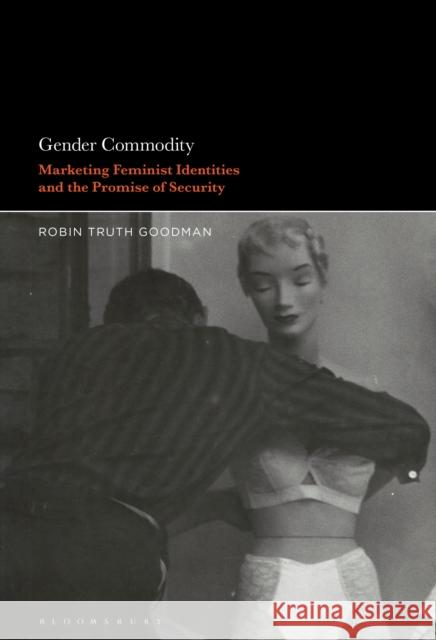Gender Commodity: Marketing Feminist Identities and the Promise of Security » książka
Gender Commodity: Marketing Feminist Identities and the Promise of Security
ISBN-13: 9781501388026 / Angielski / Twarda / 2022 / 200 str.
Gender Commodity: Marketing Feminist Identities and the Promise of Security
ISBN-13: 9781501388026 / Angielski / Twarda / 2022 / 200 str.
(netto: 396,48 VAT: 5%)
Najniższa cena z 30 dni: 411,22
ok. 30 dni roboczych.
Darmowa dostawa!
Gender has become a commodity. Today’s economy trades in symbols and narratives as much as in objects. As such, gender can be bought and sold, produced as an object, and demands constant work. What makes the commodity object seem alien, mysterious, and even threatening, Marx tells us, is that the worker’s social relations - his subjectivity - are taken away from him and stamped into the object which then appears to have a life of its own, disassociated and threatening. Gender Commodity argues that gender is a social relation made into such an alienated object. In today’s situation of radical insecurity, people are reaching out and identifying with objects - including symbolic ones - that promise quite falsely that they grant stability, duration, and fulfillment, and gender has been made into one of those. Gender Commodity is an interdisciplinary study that brings literary studies into dialogue with the surrounding mediascape around issues of gender, culture, and economy. It also asks how the symbolic production of gender commodity at home informs an imagination of gender policy as it reaches out globally. As it criticizes gender-affirmative feminism for participating in the culture of the commodity, Gender Commodity also looks to feminism to imagine gender otherwise.











